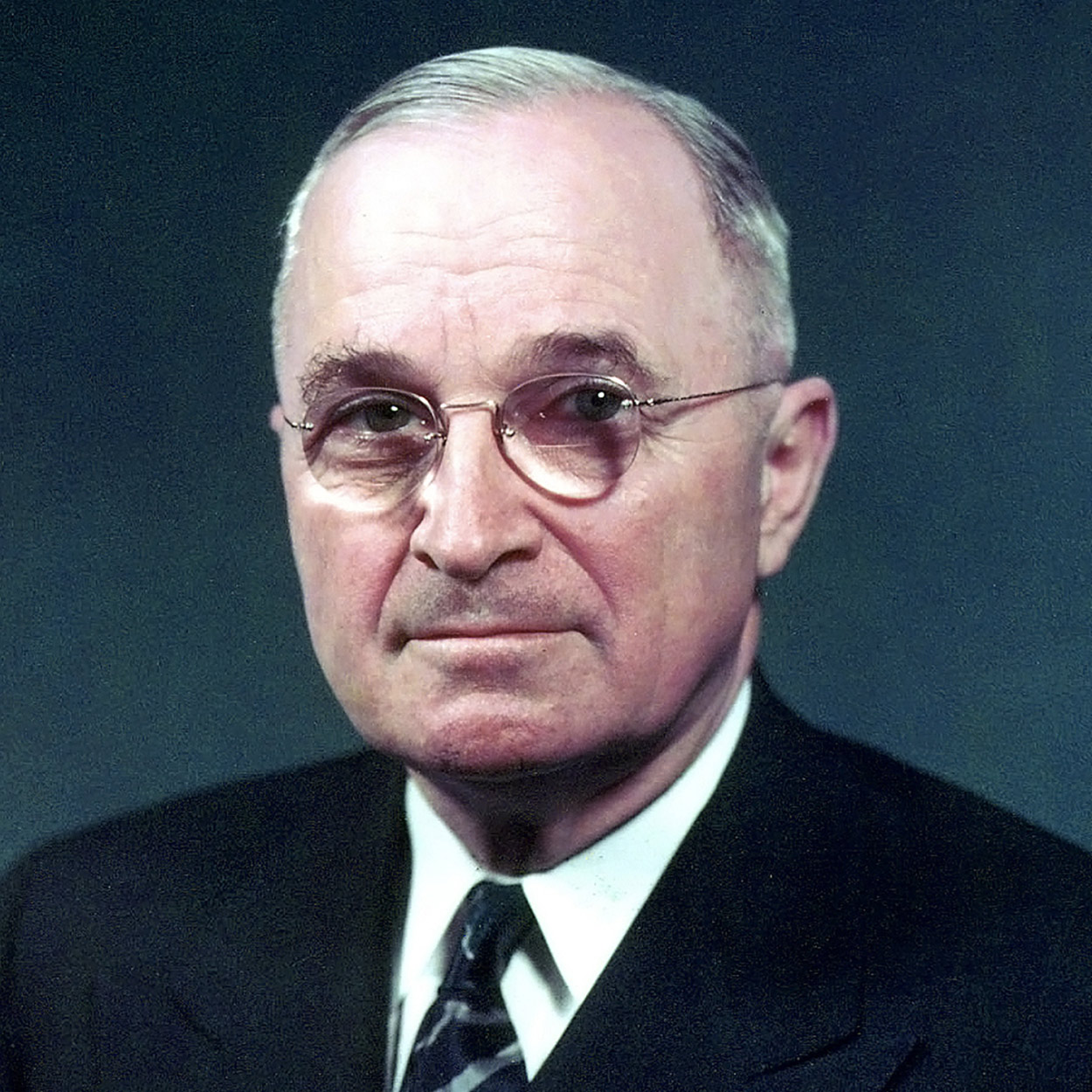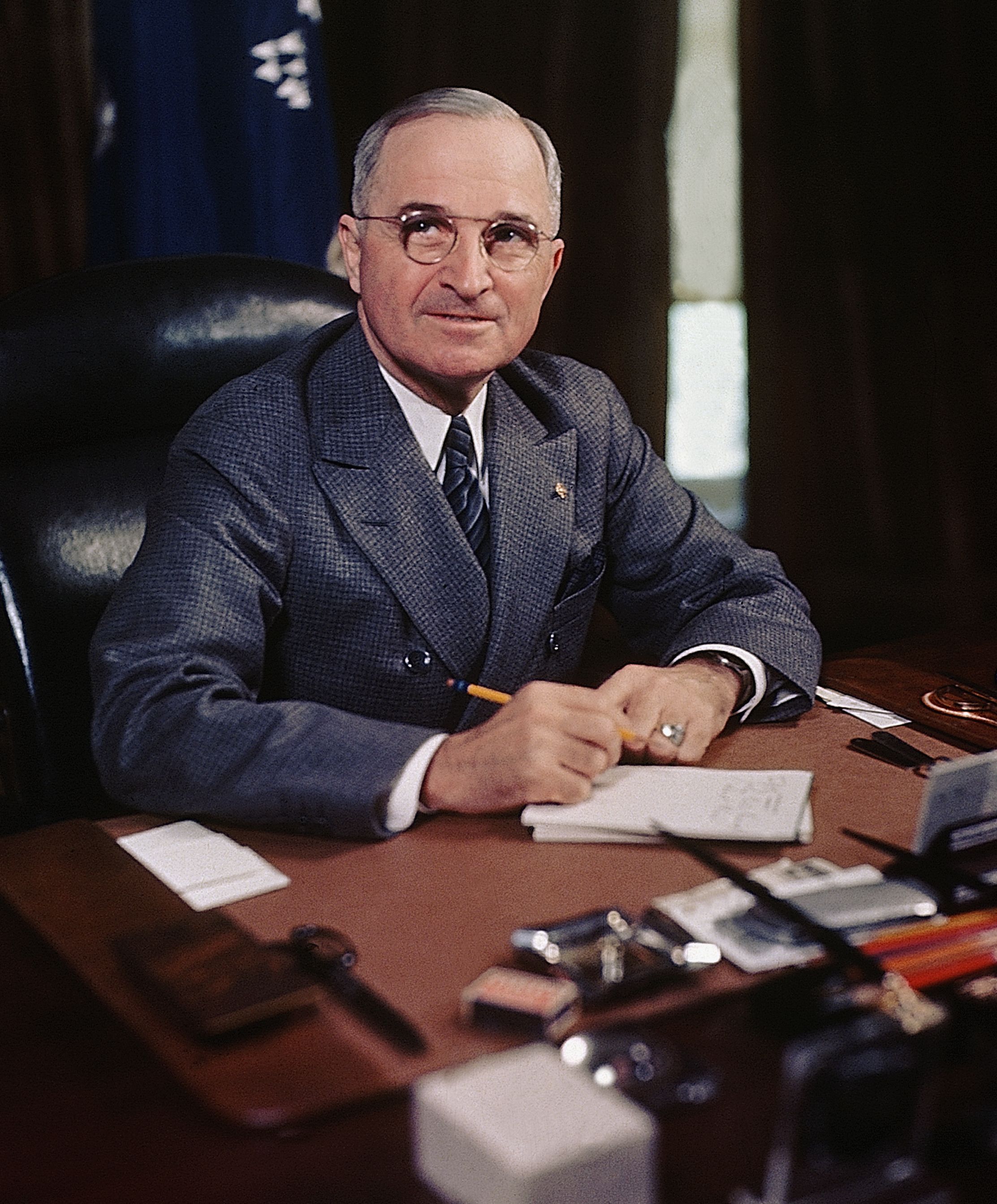
Harry S. Truman, who served as the 33rd President of the United States, is a historical figure whose life and leadership have left an indelible mark on the nation and continue to resonate with people today. Born into modest circumstances, Truman rose to prominence during some of the most significant and tumultuous periods in American history. His tenure in office was marked by critical decisions that shaped the future of the country, including his leadership during World War II and the early years of the Cold War. Truman’s character, values, and unwavering commitment to his principles played a crucial role in his decision-making process. So, what were the driving forces behind this remarkable man? Let’s delve deeper into his life and explore the experiences and motivations that shaped his presidency and legacy!
Early Life: The Roots of a Leader

Born to Lead
Harry S. Truman was born on May 8, 1884, in the small town of Lamar, Missouri, where he was the eldest of three siblings. Growing up in a modest household, his father worked as a mule trader and farmer, instilling in Truman the core values of hard work, perseverance, and integrity. Imagine the life of a young boy in a quaint town, filled with dreams and aspirations of making a significant impact on the world around him. This was the foundation of Truman’s character, shaping his ambitions and guiding his future endeavors.
Education and Early Career
After completing high school in 1901, Truman embarked on a career as a bank clerk in Kansas City, where he gained valuable experience in finance and business operations. However, his journey did not end there. In 1906, he made the pivotal decision to return to the family farm, stepping into the role of manager following the death of his father in 1914. This period was marked by challenges and hardships, yet it was instrumental in teaching him resilience, resourcefulness, and the importance of community.
Military Service: A Turning Point
In 1917, when the United States entered World War I, Truman felt a strong sense of duty and promptly enlisted in the military. He served as a captain in France, where he led a field artillery unit through the rigors of war. His ability to lead effectively and earn the respect of his men during such trying times became a defining moment in his life. This military experience not only honed his leadership skills but also profoundly influenced his future decisions and approach to governance, laying the groundwork for his later political career.
Political Ascent: From Local to National Stage

Starting Small
Harry S. Truman’s political journey commenced in 1922 when he decided to run for the position of county judge, gaining crucial support from the influential Pendergast machine. Although he faced some initial challenges and setbacks during his campaign, Truman quickly distinguished himself from his peers through his unwavering honesty and impressive management abilities. His commitment to public service and integrity resonated with the electorate, allowing him to build a solid foundation for his future political endeavors.
Senate Career: Gaining Recognition
In 1935, Truman ascended to the role of Missouri’s junior senator, a position that initially cast him as a mere puppet of the Pendergast machine. However, he was determined to carve out his own identity in the political arena. Truman’s tenacity and dedication soon became evident as he took on significant responsibilities, most notably through his work on the Truman Committee. This committee was instrumental in uncovering widespread fraud and waste in military spending during World War II, which not only showcased Truman’s commitment to accountability but also earned him national acclaim and respect among his peers.
Legislative Achievements
Throughout his Senate career, Truman was the driving force behind several landmark pieces of legislation that would have lasting impacts on American society. Notable among these were the Civil Aeronautics Act of 1938 and the Wheeler-Truman Transportation Act of 1940. These legislative measures were pivotal in establishing a framework for government regulation in both the aviation and railroad industries, setting the stage for future developments in transportation policy. Truman’s foresight and legislative prowess not only enhanced his reputation but also laid the groundwork for a more structured and regulated approach to these critical sectors of the economy.
Presidency: A Time of Turmoil
:max_bytes(150000):strip_icc()/harry-s-truman-3070854-5c849558c9e77c0001f2ac83.jpg)
Stepping into the Spotlight
Harry S. Truman’s brief tenure as vice president under President Franklin D. Roosevelt lasted a mere 82 days, a period that was both short and tumultuous. On April 12, 1945, when Roosevelt passed away unexpectedly, Truman found himself catapulted into the highest office in the land with little preparation or guidance. This sudden transition was akin to being thrown into the deep end of a pool without knowing how to swim, forcing Truman to quickly adapt to the immense responsibilities that came with the presidency.
World War II: The Final Stages
As Truman assumed the presidency, he was confronted with the formidable challenge of leading the nation through the concluding phases of World War II. One of his most consequential and controversial decisions was the authorization of atomic bombings on the Japanese cities of Hiroshima and Nagasaki. This pivotal choice has sparked intense debate among historians and ethicists alike, raising the question of whether such drastic measures were truly necessary to bring about a swift end to the war. The moral implications of this decision continue to resonate and provoke discussion to this day.
Post-War Challenges
In the aftermath of the war, Truman faced a world that was in disarray and fraught with uncertainty. The onset of the Cold War marked a new era of geopolitical tension, and Truman was resolute in his commitment to contain the spread of Soviet influence. His formulation of the Truman Doctrine was a significant step in this direction, as it aimed to provide support to nations resisting the encroachment of communism. This doctrine not only shaped U.S. foreign policy for decades to come but also established a framework for American involvement in global affairs during a time of ideological conflict.
The Korean War: A Test of Resolve

Military Action Without Congressional Approval
In 1950, North Korea invaded South Korea, and Truman made a bold move. He sent U.S. forces to aid South Korea without seeking a formal declaration of war. Critics slammed him for this decision, but he believed it was necessary to protect democracy.
General MacArthur: A Controversial Figure
Truman’s relationship with General Douglas MacArthur was tumultuous. While MacArthur was a celebrated military leader, his desire to expand the war into China clashed with Truman’s more cautious approach. This disagreement ultimately led to MacArthur’s dismissal. Can you imagine being in Truman’s shoes, making such a tough call?
Domestic Policies: The Fair Deal

Expanding Social Programs
Truman’s Fair Deal aimed to expand social programs and improve the economy. He pushed for healthcare reforms, housing initiatives, and civil rights advancements. While not all his proposals passed, they laid the groundwork for future reforms.
Challenges at Home
Despite his ambitious agenda, Truman faced significant opposition. The economy was struggling, and inflation was a concern. His approval ratings plummeted, but he remained steadfast in his beliefs. Isn’t it inspiring to see someone stand firm in their convictions?
Legacy: A Complex Figure

Public Perception Over Time
Truman’s legacy has evolved over the years. Initially viewed as a mediocre president, historians now recognize his significant contributions. His leadership during the Cold War and commitment to civil rights have earned him a more favorable assessment.
Lessons from Truman’s Life
What can we learn from Truman? His story teaches us about resilience, integrity, and the importance of making tough decisions. In a world filled with uncertainty, these qualities are more relevant than ever.
Conclusion: Truman’s Enduring Impact
Harry S. Truman may have left office in 1953, but his impact is still felt today. From his early life to his presidency, he navigated challenges with a unique blend of courage and conviction. So, the next time you think about leadership, remember Truman—a man who faced the storm and emerged with a legacy that continues to inspire.
| Aspect | Details |
|---|---|
| Birthdate | May 8, 1884 |
| Presidency | April 12, 1945 – January 20, 1953 |
| Major Events | World War II, Korean War, Cold War |
| Key Policies | Truman Doctrine, Fair Deal |
| Death | December 26, 1972 |

